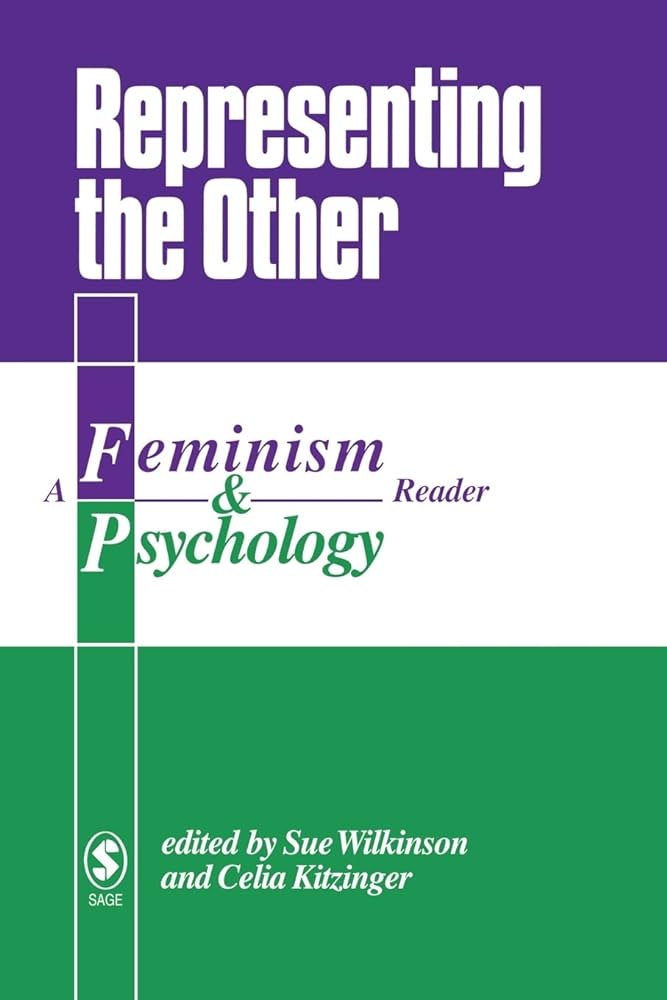“I am not a monster”: An affective–discursive analysis of men's perspectives on their engagement in violence against women
IF 1.9
3区 心理学
Q2 PSYCHOLOGY, MULTIDISCIPLINARY
引用次数: 1
Abstract
This paper aims to explore how men perform masculinities in their relationships with women and how their behaviour is enabled and/or maintained in modern society. An affective–discursive approach was adopted to analyse six in-depth interviews with men who identified as perpetrators of violence in intimate relationships. The analysis portrays how heteronormative discourses on masculinity frame participants’ understanding of the violence they had committed. However, the most pervasive reference point in the participants’ accounts was the construct of the monster. The participants’ understanding of their violence had an intersectional angle as the monster figured differently in their stories, depending on their social positioning. The middle-class participants believed that the monster essentialised and dehumanised them and called for new ways to talk about violence. The working-class participants experienced their violence as masculinity out of control, referring to past trauma and the intensity of their love for their partners, while dodging accountability for their actions. The findings underline the need for discourses on knowledge that encourage men to take responsibility for their actions without being dehumanised.“我不是怪物”:对男性参与对女性施暴的观点的情感话语分析
本文旨在探讨男性如何在与女性的关系中表现出男子气概,以及他们的行为如何在现代社会中得以实现和/或维持。一种情感话语的方法被用来分析六个深度访谈的男性确定为暴力的亲密关系的肇事者。该分析描述了关于男性气质的异性恋规范话语如何框架参与者对他们所犯暴力的理解。然而,在参与者的描述中,最普遍的参考点是怪物的构造。参与者对暴力行为的理解有一个交叉的角度,因为怪物在他们的故事中以不同的方式出现,这取决于他们的社会地位。中产阶级的参与者认为,怪物使他们变得本质化和非人性化,并呼吁用新的方式来谈论暴力。工人阶级的参与者认为他们的暴力行为是失去控制的男子气概,他们指的是过去的创伤和对伴侣的强烈爱,同时逃避对自己行为的责任。研究结果强调,有必要对知识进行讨论,鼓励男性为自己的行为负责,而不被剥夺人性。
本文章由计算机程序翻译,如有差异,请以英文原文为准。
求助全文
约1分钟内获得全文
求助全文
来源期刊

Feminism & Psychology
Multiple-
CiteScore
3.30
自引率
11.10%
发文量
51
期刊介绍:
Feminism & Psychology provides a forum for debate at the interface between feminism and psychology. The journal"s principal aim is to foster the development of feminist theory and practice in – and beyond – psychology. It publishes high-quality original research, theoretical articles, and commentaries. We are interested in pieces that provide insights into the gendered reality of everyday lives, especially in relation to women and girls, as well as pieces that address broader theoretical issues. Feminism & Psychology seeks to publish work from scholars, researchers, activists and practitioners at all stages of their careers who share a feminist analysis of the overlapping domains of gender and psychology.
 求助内容:
求助内容: 应助结果提醒方式:
应助结果提醒方式:


